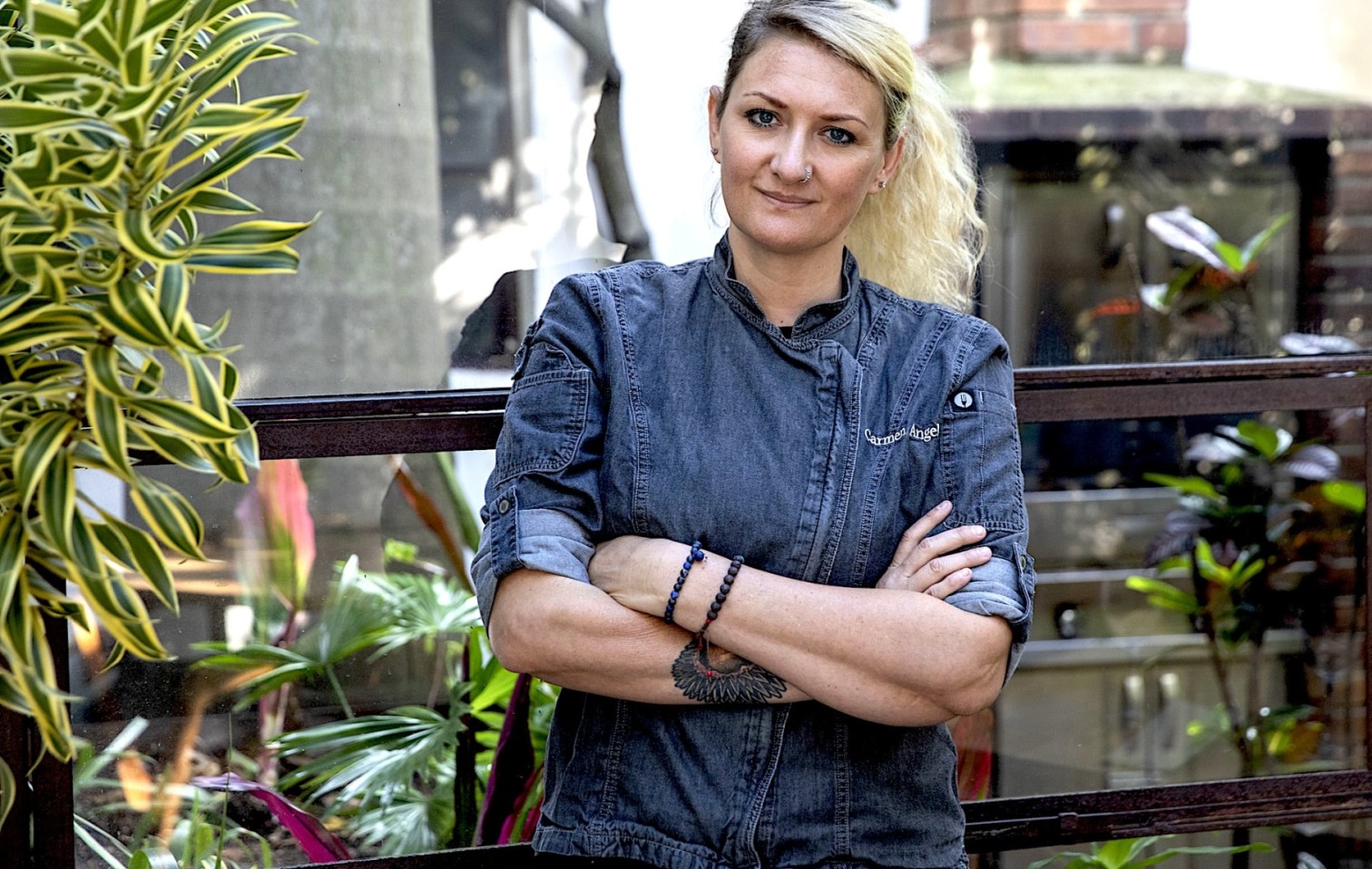Carmen Angel is changing Colombian gastronomy: raised in California and infused by Slow Food ideology, she has created a Foundation that brings together chefs and small producers, whose forgotten treasures she enhances through creativity in 5 widely diverse restaurants.
The chef
Born in Chicago to a Hungarian mother and Colombian father, Carmen Angel grew up in California and then relocated in 2008 to Colombia, the country that made her successful. It was in 2009 that Carmen in Medellin opened, along with her ex-husband and still partner Rob Pevitts, also a chef, like her father Diego, who was initially involved in the venture. From that core grew a group, that today has four brands and five restaurants in two cities (Carmen Medellin and Cartagena, X.O. and the X.O. bar, Moshi and the Don Diablo steak house), with a total of 130 employees. Notably, X.O. is the format that allows more room for product research, which is also a common trait of all the addresses.
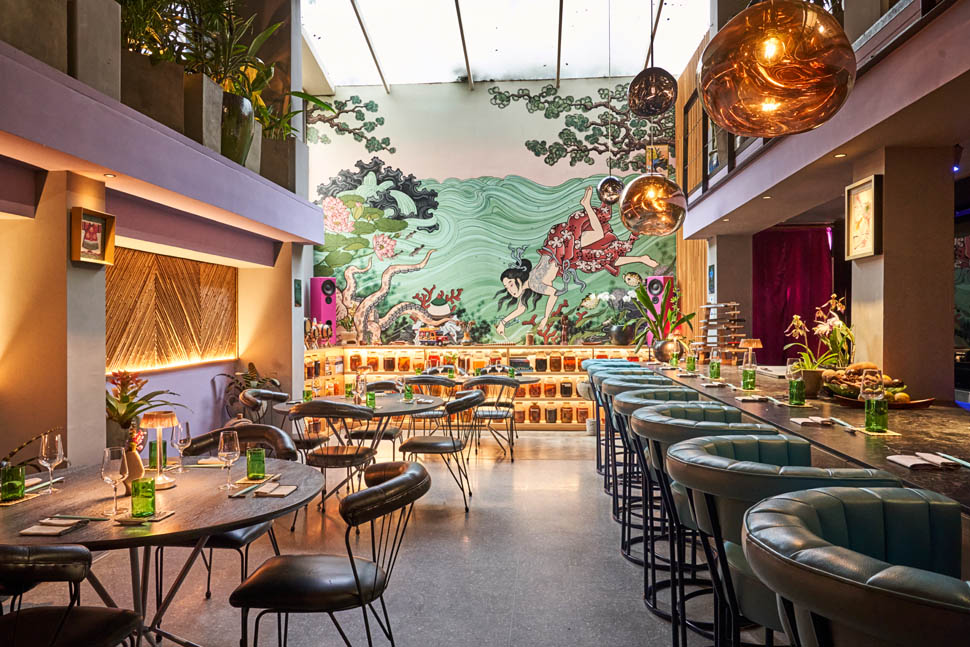
"I grew up in three cultures, U.S., Colombian, and Hungarian," the chef, who then chose a very specific focus, tells Siete Canibales. "Weopened with a concept of contemporary cuisine, which evolved in favor of the prominence of these wow moments in Colombia, where we find ingredients, flavors, recipes, people, places that captivate us and feed the creative engine. Feeling that our operation was settling down, that we had a good team, that we didn't have to be meddling all the time, allowed us to take on other roles. Today many people experiment and then open a restaurant. We had to have a stable restaurant before we wondered how best to connect it to the area. During the first few years, we focused on the operational aspects: paying the bills, the staff, the kitchen, the services; there was no time to look outside."
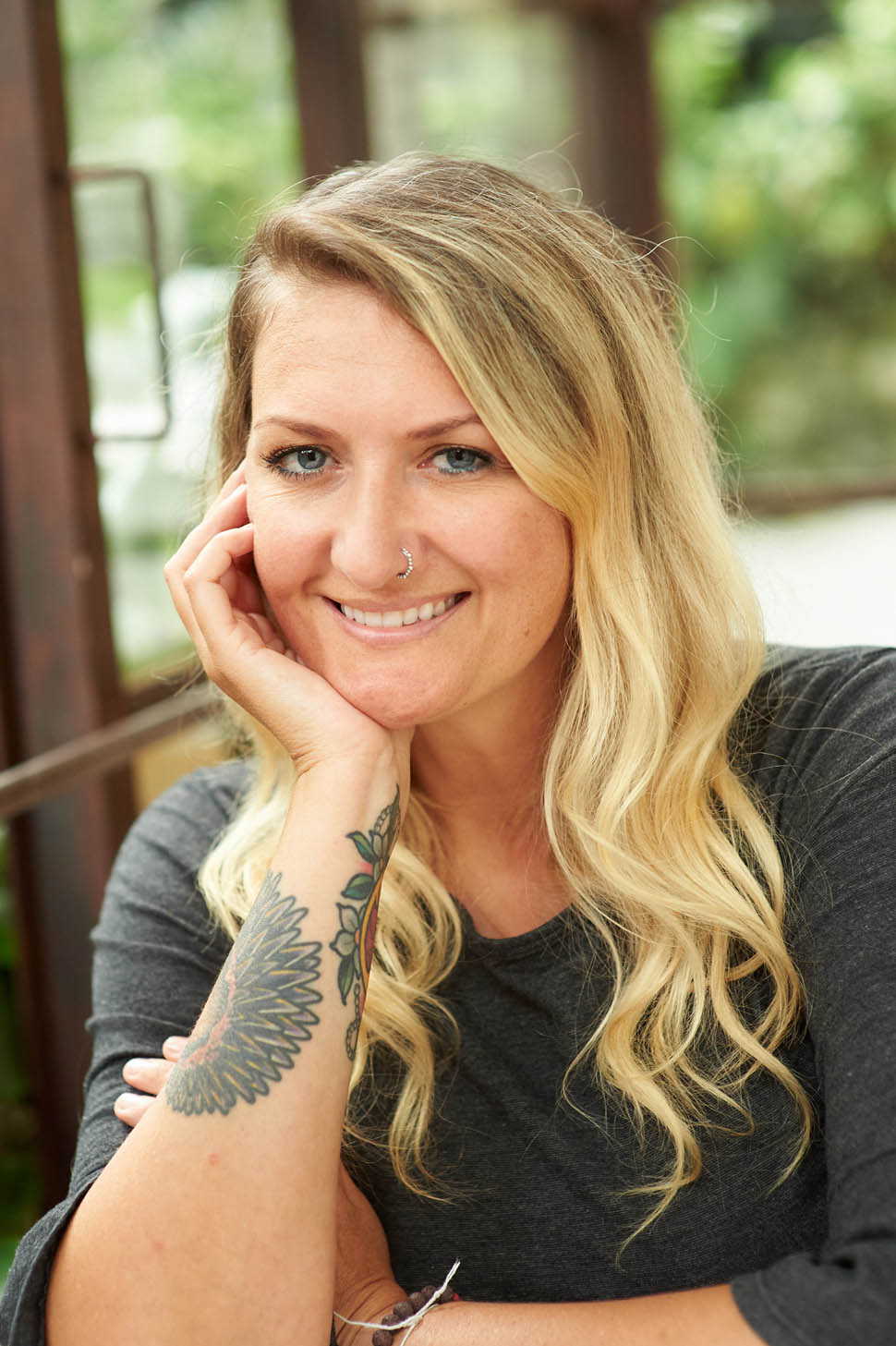
From the core of the country's signature dishes, such as ajiaco and arepas, one journey after another, the vision and the cuisine have embraced broader traditions, influenced by the Caribbean, the Pacific and the Amazon. "Our culture is a flavorful metissage. There is much more than beans, pork, plantains and flours. There are hidden places and so many flavors that we don't know or access. For every fascinating product that makes it to X.O.'s 22 covers, there are four more that we would like to, but can't get."
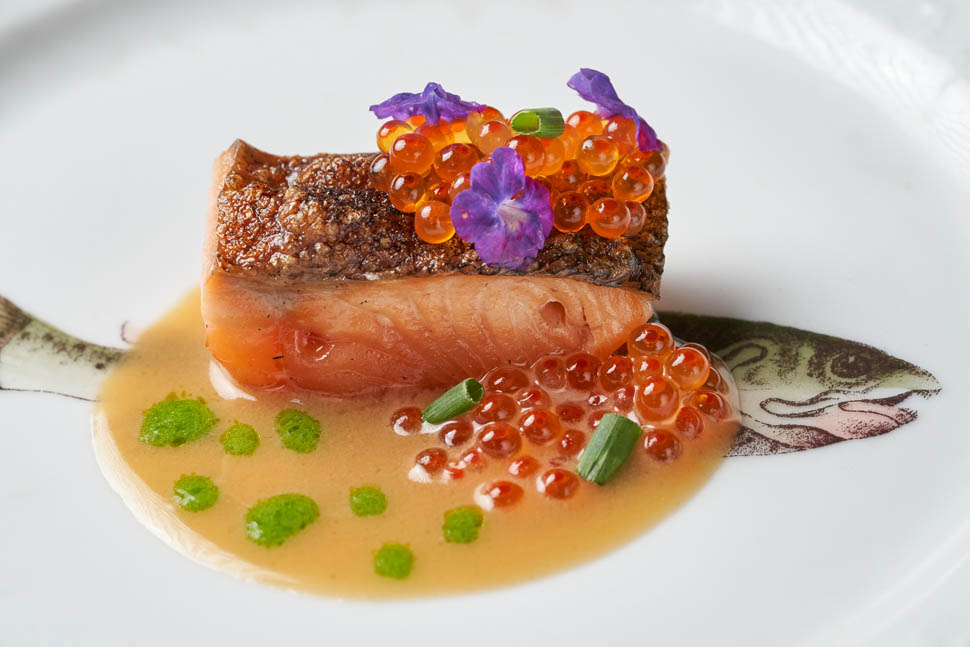
"Today my father tells me: you know Colombia better than I do, and I come from here. But I rather believe that being colonized by the Spanish has led us to look outside, to appreciate other cultures and to overlook some of our foods. The great agricultural power that we have and do not exploit, however, speaks for itself. We must include these products in our proposals, as a way to showcase the national pantry. With our Corazones y Fogones foundation and with the Terralma project, we are trying to connect small producers with a network of conscious cooks, so as to restore dignity to agricultural labor. It is a clean agriculture project, which continues to be a challenge in Colombia."
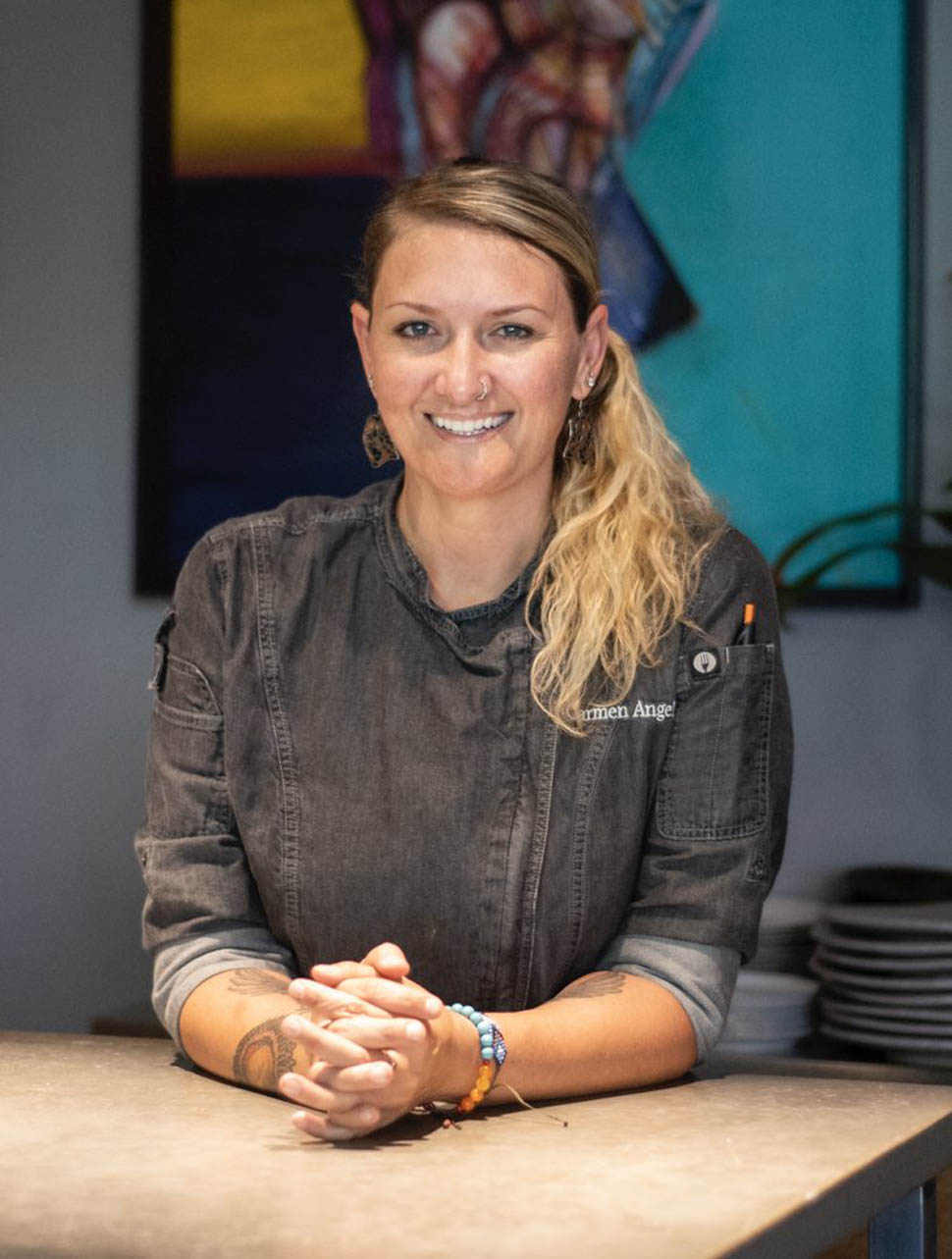
What about gender issues? Here, too, Carmen is firm: "I admire every woman who dares and has the strength to work in this industry, which is exhausting and has a very male-dominated structure. The more I travel and get to know women in the territories, the more I realize that we are the queens of the kitchen. A prevalence that today can continue in other forms of the feminine."
